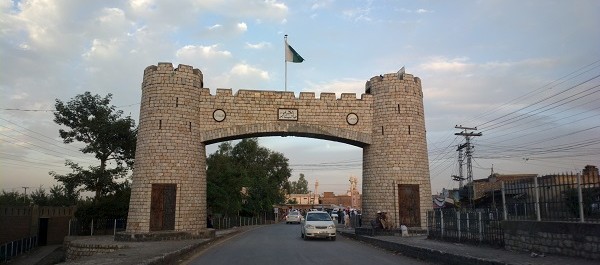PESHAWAR: The Khyber Pakhtunkhwa (KP) government has requested an additional $145 million loan from the Asian Development Bank for sanitation, waste disposal, and irrigation projects in five major cities including Peshawar.
The ADB has already approved a $450 million loan for the project.
According to the KP planning and development department, the “Cities Improvement Project” will provide local government facilities including sanitation services in Swat, Peshawar, Abbottabad, Mardan, and Kohat. The provincial government has already borrowed $7 million from ADP in this regard.
The PC-1 of the Cities Improvement Project shows that the project will cost $645 million, of which the provincial government will contribute $50 million while $450 million will be provided by the ADB. However, an additional $145 million is needed for which KP has contacted the Asian Development Bank.
“The bank has been contacted and positive signals have been received from the ADB, after which it has been decided to present the project at the Provincial Development Working Party (PDWP) meeting next week for approval,” said an official.
After the approval of the additional loan, the total amount of loan approved for the project will be $600.20 million, including $7 million of project readiness financing. The ADB has also given a grant of $2 million for project readiness financing while the provincial government has also spent $500,000 dollars on it.
This will be the largest loan ever received by the provincial government for any project, amounting to about 95 billion in rupee terms.




